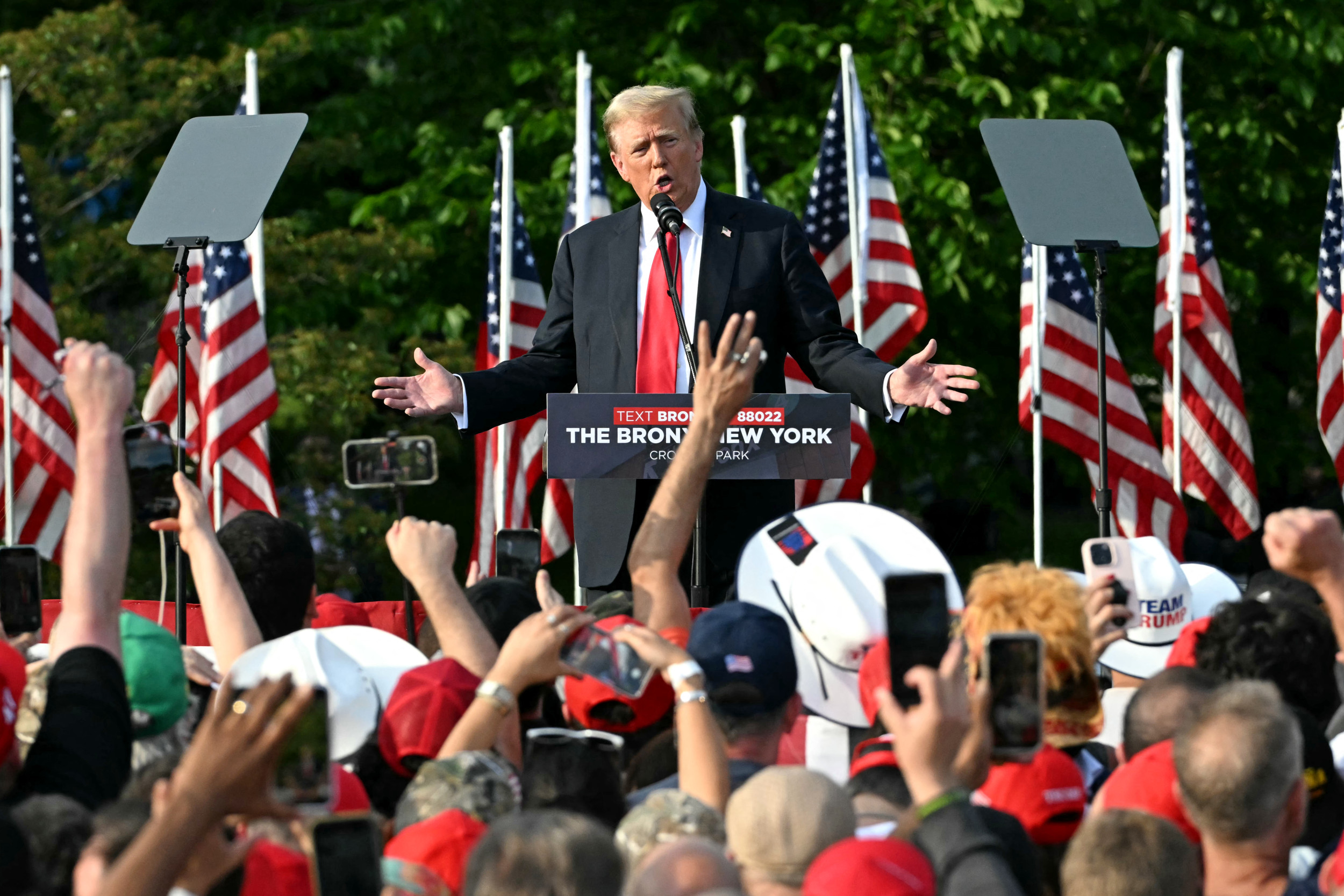Talk about management style. When Time Warner CEO Gerald Levin sat down Thursday for his usual weekly chat with Michael Fuchs, chief of Warner Music and HBO, Levin said he wanted to talk about his new strategy for the media colossus, say company insiders. He conjured up a complementary triangle of entertainment, news and information, and telecommunications. Levin's buzzword of choice was "triangulation."
But for Fuchs, the meeting turned out to be a case of strangulation. After waxing on about strategy, Levin handed his longtime close colleague a press release that was already on its way to the wires. Page One: Fuchs's bitter rivals, Warner Bros. studio heads Robert Daly and Terry Semel, would take over the entire entertainment side of the triangle--including Fuchs's music group. Page Two: Fuchs was fired. According to insiders, there is good (and not so paltry) news for Fuchs: he'll get at least $50 million to walk.
The sudden ouster of Fuchs, who built HBO into America's first distinguished cable channel, is the most stunning shake-up yet in a year of tumult for Time Warner. Levin has been widely criticized for his slow-motion responses to the company's crises--from the outcry over its distribution of gangsta rap to cable partner U S West's lawsuit over a proposed merger with Turner Broadcasting. Shareholders, who have watched Time Warner's stock languish for several years, fume at the tens of millions Levin has paid to get rid of other embattled executives, such as Six Flags CEO Robert Pittman and former Warner Music head Robert Morgado.
In this case, as in many others, Levin couldn't lay down the law with a close ally, but ended up Betraying him when under duress. Although the principals strongly deny it, Daly and Semel, a talented and power-hungry duo, are said to have forced him to chose between them and Fuchs. Semel, in particular, has shrewdly leveraged job overtures, such as a rumored offer of a top job at MCA. Said one industry CEO who has sympathized with Levin in the past: "It's a damn shame. Something is seriously wrong that it got to this point."
Levin's move may yet pay dividends. Despite Fuchs's sterling record at HBO, his blunt ambition was beginning to be seen as a liability. And Daly and Semel are widely regarded as among the best managers in Hollywood. By uniting the entertainment operations, Levin could finally achieve some of the elusive synergies that Time Inc. and Warner Communications crowed about when they merged in 1989. On Friday, the stock gained more than $1 to close at $39.75.
Levin has also taken other decisive steps this fall. Since September, he has pursued the bold, if difficult, proposal to buy Turner for $7.5 billion in stock. And in Time Warner's magazine division last week, chief editorial executive Norman Pearlstine moved to shore up two of the company's most prestigious titles, ousting Time's managing editor, Jim Gaines, in favor of one of the company's brightest young executives, Walter Isaac-son, and naming a new top man, Bill Colson, at Sports Illustrated.
But if the long feud with Fuchs is any indication, Levin still deserves his image as someone not yet firmly in control of Time Warner's fortunes. (Neither Levin nor Fuchs, who has yet to settle his contract, would comment for this story.) The battle between Fuchs and the studio team began with the Time Warner merger in 1989. Fuchs, a Time Inc. veteran, suddenly found that he had lost his place as the top man in Time's entertainment hierarchy to Daly and Semel. They quickly started taking shots at each other through press leaks. Fuchs helped aid the start-up of Savoy Pictures, a now floundering rival to Warner Bros. And they fought over what Warner Bros. would pay HBO to air its movies.
Former Time Warner chairman Steve Ross, with his flair for massaging big egos, helped keep the tensions in check. But when he died, it quickly became apparent that Levin didn't command the same respect. Some industry wags called Levin "Forrest Gump," after the slow-witted movie character, say Hollywood executives. Fuchs had his sights visibly set on Levin's job. Semel and Daly openly scoffed at Levin's cable strategies.
Levin maintained that his lieutenants didn't have to like each other, as long as everyone produced results-which they did. Levin even lavished rewards on his squabbling barons, granting them absolute autonomy over their respective operations. He upped Fuchs's salary to match Daly's and Semel's, and gave the studio team the capital to start Warner Bros. stores, pegging part of their pay to its soaring profits. Levin even let Semel use a corporate jet to fly off and explore a job offer, one of several rumored flirtations with the likes of junk-bond king Michael Milken and billionaire Ronald Perelman and MGM.
By this summer, Fuchs seemed to have gained the upper hand. He was named head of the music group and allowed to keep control of HBO. What few people knew, however, was that Levin had tried unsuccessfully to persuade Fuchs to relinquish HBO, two company sources say. And Levin was dragging his feet in negotiating a contract to cover Fuchs's new job. Weeks later, he took Fuchs to the Four Seasons for dinner to press him again about HBO.
It was the Ted Turner deal that finally sealed Fuchs's fate. When Levin visited Turner's Montana ranch to propose the transaction in August, Levin promised to take HBO and the music group from Fuchs, and to make him Turner's No. 2 at his cable channels. But Levin failed to mention this to Fuchs. When someone in Turner's camp broke the news to him, say insiders at both companies, he went public with his fury.
Levin tried to resolve things one last time, taking Fuchs to dinner with Time Warner president Richard Parsons, say insiders. But over lunch in Los Angeles two weeks ago, Levin offered Daly and Semel control of the music group. In an interview Friday, Daly and Semel insisted that they hadn't complained about Fuchs and that talk of personality clashes was irrelevant. Once Levin "decided to do this structure, it made no sense to include the three of us," said Daly.
Sources close to the board say the Daly-Semel team could gain even more power if the Turner deal wins regulatory approval (still an open question). If Turner can be persuaded, his cable channels such as Cartoon Network would be folded into the Warner movie group along with HBO. For now, Daly and Semel say there are "no conclusions. Anything could happen."
No kidding. Levin may have more tense dinners ahead of him. Outsiders wonder how long it will be before Semel and Daly turn on Levin. Litigious U S West, which owns 25 percent of Time Warner's cable operations, HBO and Warner Bros., could challenge Levin's "triangulation" plan. And if the Turner deal collapses, analysts say, Levin could well be shown the door. One thing's for certain, however. Getting ousted from Time Warner may be the most lucrative way in America to lose a job.
Uncommon Knowledge
Newsweek is committed to challenging conventional wisdom and finding connections in the search for common ground.
Newsweek is committed to challenging conventional wisdom and finding connections in the search for common ground.





